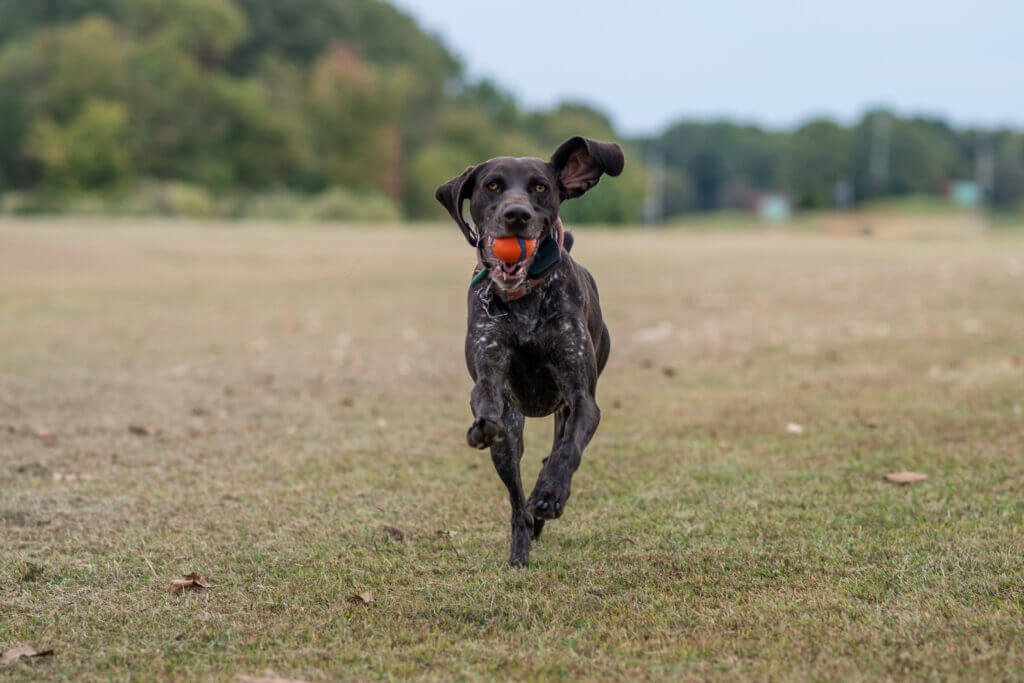Have you ever wondered why your beloved furry companion is suddenly acting out of character? It can be puzzling and concerning when your pet starts behaving strangely, but fear not, there may be underlying reasons for their sudden change in behavior. Whether it’s unusual aggression, decreased appetite, or frequent hiding, understanding the possible triggers and seeking appropriate guidance can help alleviate your pet’s distress and restore their usual happy and affectionate nature. It can be concerning when your beloved pet starts acting differently. You may find yourself wondering what could be the cause of their sudden change in behavior. Fortunately, there are several possible reasons why your pet may be acting differently, and it’s important to consider each one. In this article, we will explore common health issues, changes in behavior or routine, environmental factors, age-related changes, emotional or psychological issues, medication side effects, recent vaccinations, lifestyle changes, past traumas or abuse, and signs of underlying medical conditions.

Possible health issues
If your pet suddenly starts acting differently, it’s crucial to consider their health as a potential cause. A sudden change in behavior could be an indication of an illness or injury. Keep an eye out for any signs of pain or discomfort, such as limping, excessive grooming, or changes in their posture.
Ready for Cat Trivia?
Test your knowledge about cats!

Changes in appetite can also be a red flag for underlying health issues. If your pet suddenly loses interest in food or starts eating significantly less or more than usual, it may be a sign of an underlying problem. Digestive issues, such as vomiting or diarrhea, can further indicate a potential health concern.
Urinary problems should not be overlooked either. If your pet is experiencing difficulty or discomfort while urinating or has frequent accidents, it’s essential to seek veterinary attention promptly.
Changes in behavior or routine
Sometimes, changes in behavior can be a result of external factors that have disrupted your pet’s routine or environment. Moving to a new home or introducing a new family member or pet can be stressful for your furry friend, leading to behavioral changes. Similarly, disruptions to their daily routine or a lack of mental stimulation can impact their behavior.
Separation anxiety is a common issue that can manifest as sudden changes in behavior. Your pet may become excessively clingy, destructive, or experience increased vocalization when left alone.
Environmental factors
Environmental factors can also play a significant role in your pet’s behavior. Temperature changes, especially extreme variations, can affect them, particularly if they are not acclimated to such conditions. Additionally, seasonal allergies can cause discomfort and lead to behavioral changes.
Exposure to toxins, such as certain household cleaners, plants, or chemicals, can also impact your pet’s behavior and overall health. It’s important to ensure your home is pet-friendly and free from potential hazards.
Noise sensitivity can be another environmental factor to consider. Some pets may become anxious or fearful in response to loud noises, such as fireworks or thunderstorms. Unfamiliar surroundings, such as visiting a new place or staying at a boarding facility, can also cause stress and behavioral changes in your pet.
Age-related changes
As our pets age, they are prone to undergo various physical and cognitive changes. Cognitive decline, commonly known as dementia or senility, can lead to changes in behavior, confusion, and disorientation. Hormonal changes, such as those associated with aging or certain medical conditions, can also impact your pet’s behavior.
Lack of energy, reduced mobility, and the loss of hearing or vision are other age-related changes that can affect your pet’s behavior. They may become less active, sleep more, or exhibit signs of frustration due to their physical limitations.

Emotional or psychological issues
Like humans, pets can experience emotional and psychological issues that may cause sudden changes in behavior. Fears or phobias, such as fear of thunder or fireworks, can lead to anxious or fearful behavior. Similarly, anxiety or stress, whether triggered by changes in their environment or routine, can affect their behavior as well.
Pets can also experience depression or grief, especially after the loss of a loved one or companion animal. It’s important to provide them with extra love and attention during these challenging times.
Past traumas or abuse can have long-lasting effects on your pet’s behavior. They may exhibit fearful or defensive behavior, have trust issues, or even regress in their training. Social skills may also be lacking if they were not properly socialized as a young animal.
Medication side effects
If your pet is on any medications, it’s crucial to consider the possibility of side effects. New medications or changes in dosage or frequency can lead to behavioral changes. Allergic reactions, including skin irritations or digestive disturbances, should be monitored. Additionally, certain medications may interact negatively with others, causing unexpected changes in behavior. Withdrawal symptoms can also occur if medication is suddenly stopped.

Recent vaccinations
While vaccinations are vital for your pet’s health, they can occasionally cause temporary changes in behavior. Vaccine reactions, such as soreness or swelling at the injection site, can be expected. Some pets may experience mild side effects, such as lethargy, decreased appetite, or a low-grade fever. These reactions are usually temporary and resolve on their own as your pet’s immune system responds to the vaccine.
Lifestyle changes
Changes in lifestyle can have a significant impact on your pet’s behavior. Dietary changes, such as switching to a new food or adjusting portion sizes, can cause digestive upset and subsequent behavioral changes. Similarly, alterations to their exercise routine can lead to restless or pent-up energy that may manifest as behavior issues.
Moving to a new home can be stressful for your pet, as they need time to adjust to their new surroundings. Introducing a new pet or human relationships into their life can also affect their behavior.
The loss of a family member or pet can be a traumatic experience for your pet, resulting in changes in behavior. They may exhibit signs of grief or show a lack of interest in activities they once enjoyed.

Past traumas or abuse
If you suspect that your pet has experienced past traumas or abuse, it’s crucial to be aware of their possible behavioral implications. Signs of abuse or neglect may include aggressive or fearful behavior, flinching at sudden movements, or avoiding certain people or situations. Trust issues are common, and it may take time and patience to help your pet overcome their past experiences. Regression in training or a lack of social skills may also be evident.
Signs of underlying medical conditions
Sudden changes in behavior can sometimes be an indication of underlying medical conditions. Changes in breathing or heart rate, such as rapid or labored breathing, should be taken seriously. Lethargy or excessive fatigue can indicate an underlying health problem. Any significant weight loss or gain should also be investigated, as it can be a sign of an underlying issue. Pay attention to any abnormalities in your pet’s skin or coat, as they may be a clue to a medical condition. Frequent urination or excessive thirst can also point to an underlying health concern.
In conclusion, if your pet is suddenly acting differently, it’s important to consider all possible factors. From health issues to changes in their environment or routine, there are many possible reasons for behavioral changes. By observing and being attentive to your pet’s needs, you can provide the necessary care and support to help them thrive. If you’re concerned about your pet’s sudden change in behavior, don’t hesitate to consult with your veterinarian for proper diagnosis and guidance. Together, you can ensure your pet’s wellbeing and happiness.



